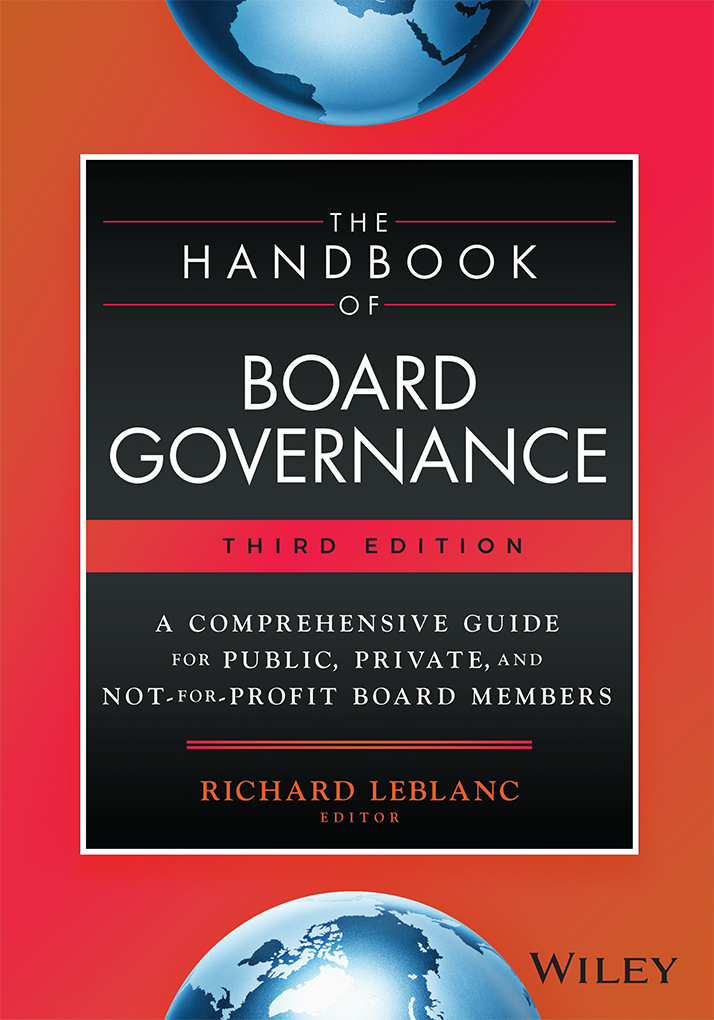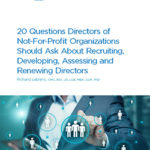I am giving a speech in later today on the ethics of conducting proper workplace and board-level investigations. (See slidedeck here.) The evidence shows that many investigations conducted suffer from serious setbacks that need to be corrected to be effective. The impetus for change is the new Securities and Exchange Commission (SEC) “whistle-blowing” rule that permits employees now to go directly to the regulator with a complaint and completely bypass the company’s internal processes. I remember when Mary Schapiro, the SEC Chair, spoke to about 700 corporate directors at a conference I attended at the time the rule was being developed. Schapiro said the rule was the right thing to do to address toxic workplaces in the aftermath of the Madoff fraud – which was presented to the SEC but ignored. Directors then and now voiced stiff opposition to the rule, saying it would result in “bounties” (monetary rewards) to employees.
Not only are rewards a good thing to incent employees to come forward, but companies, I will argue in my speech today, should match these rewards for employees to come forward with concerns of fraud and ethical wrongdoing.
The practical effect of this new rule is to put the heat on many companies and corporate boards to reexamine their workplace investigations of potential wrongdoing – and that is a welcome development.
Where do investigations go wrong? Three key areas:
1. Lack of Anonymity and A Protected Mechanism for Employees to Come Forward
Employees are rational. Why would anyone – especially executives – come forward if they know their identity will be revealed, the complaint will not be properly investigated, and they will suffer scorn and even retaliation? What happens then is the wrongdoing festers and gets worse, when it should have been addressed earlier. It becomes part of workplace culture. The identity and personality of the person are largely irrelevant. What is relevant is the nature of the complaint itself. Without a system that guarantees anonymity, an important source of intelligence is suppressed.
2. A Weak Audit Committee and Board
Boards now need to know what best practice reporting channels are and when to get involved and even lead an investigation of conduct that involves management and can put the reputation of the organization at risk. This is changing now with contagion and social media.
Employee and culture surveys, informal walk-arounds, and a strong internal audit provide excellent intelligence. There is a natural tendency for management and company lawyers to unduly influence the investigation, which is a red flag for employees not to come forward. The audit committee should have its own independent advisors to receive the complaint directly, and then communicate with management on behalf of the audit committee. If the complaint is serious enough, independent advisors should lead the investigation, not management.
3. Flawed Investigation and “Lawyering Up”
There is a tendency to become defensive and even passive-aggressive with very serious allegations. Who is on the investigation team, how documents and other evidence are preserved and collected, how interviews are conducted, and how upward reporting occurs are very important and will determine how conclusions are viewed by regulators and other stakeholders. Self-reporting and ready co-operation to cure the complaint can be viewed favorably by regulators and the public. The best example of proper crisis management is Maple Leaf Foods when its CEO Michael McCain publicly apologized and promised to make it right. See the video here. Lawyers have a tendency to hone in on process and not see the bigger public relations picture and opportunity.
Conclusion:
In the age of social media, simply an employee with a cell phone may publicly trigger an investigation. The consequences of not being ready, conducing a flawed process, or being defensive, can be more damaging to the company’s reputation than the original allegation. (Just ask Mitt Romney, who may have lost the election as a result of ill-advised off-the-cuff recorded remarks.) A company’s actions are now one step away from going viral. The scrutiny and risks have never been greater.
Employees, the media, customers and others need to have confidence that an issue when it surfaces is being investigated independently and appropriately. Good boards are insisting on advance planning and investigation protocols, and warning employees that all actions are public. Maybe Mitt Romney’s team should have done the same.
Posted by Richard Leblanc on Sep 28, 2012 at 2:32 pm in Uncategorized |












